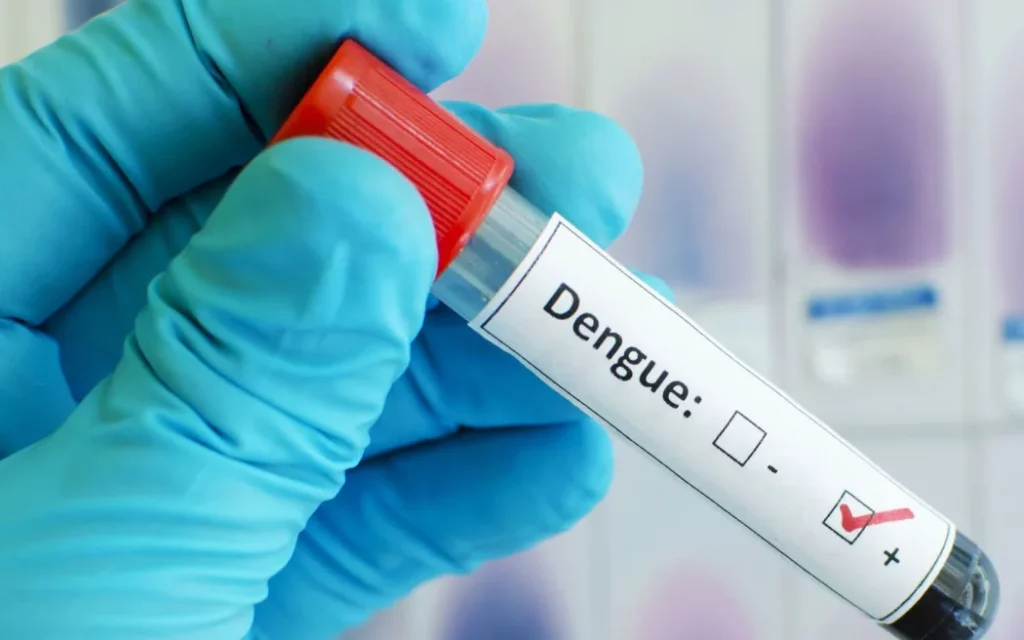
Health officials in the Cook Islands are keeping a close watch after confirming four cases of dengue fever on Rarotonga this month.
Ministry of Health Secretary Bob Williams said the first case was linked to overseas travel. And three more local cases have since been confirmed. So far, no hospitalisations have been reported.
Williams said a dengue outbreak would only be officially declared if case numbers meet World Health Organisation (WHO) guidelines. In the meantime, the Ministry is ready with a response plan if needed.
“The Incident Management System team, made up of government agencies, NGOs and local Puna Teams, are all being kept updated,” Williams said.
The Health Protection team has been running mosquito monitoring programs and regular spraying for some time, along with joint efforts on training and insecticide testing, to stay ahead of any outbreaks.
Airport staff have also been briefed to stay vigilant and take extra precautions, especially with travel-related cases.
The Cook Islands last battled a dengue outbreak between 2019 and 2021. Since then, health teams have stayed on their toes, keeping a close eye on outbreaks in the region and making sure travellers know the risks before heading over.
Dengue can hit with a fever, headaches, aching muscles and joints, nausea, or even that awful pain behind the eyes. In tougher cases, it can cause rashes, bleeding gums, or easy bruising — and if left untreated, it can turn pretty serious.
Health officials are asking everyone to pitch in. Here’s what you can do:
- Tip out any water that’s sitting around in containers or buckets
- Slip on long sleeves and pants when you’re out and about
- Keep mozzie repellent handy
- And if your bedroom isn’t screened or air-conditioned, a mosquito net can make all the difference
Feeling off? Feverish? Got sore eyes or odd bruises? Don’t muck around — head to your local outpatient clinic or ring 29110 for advice.






